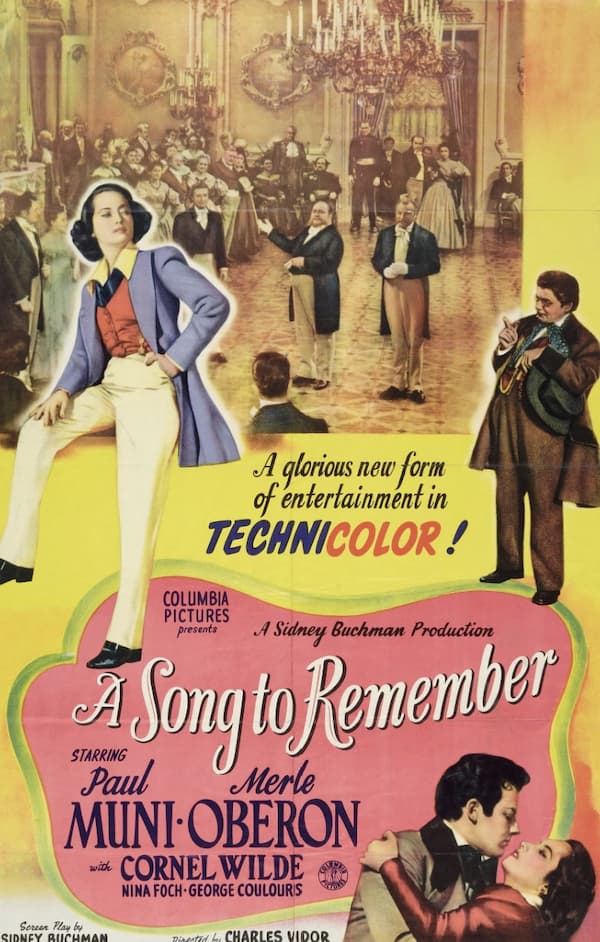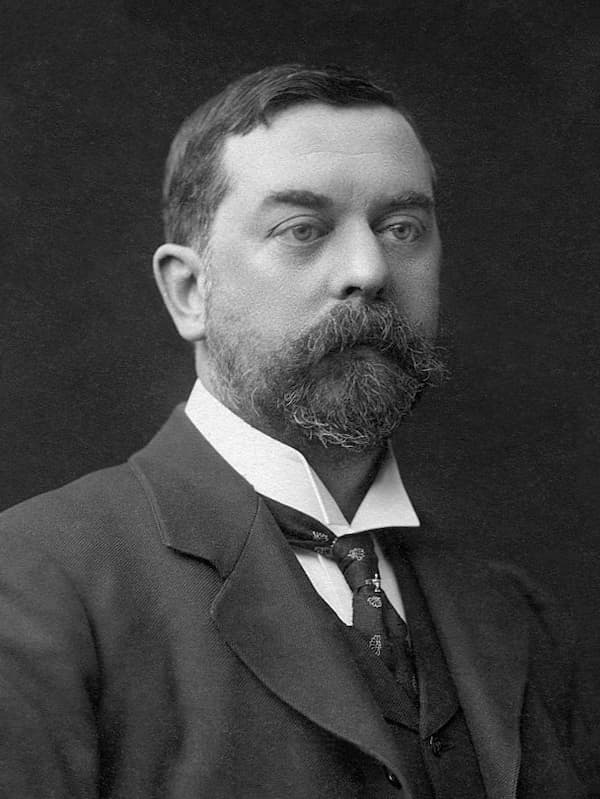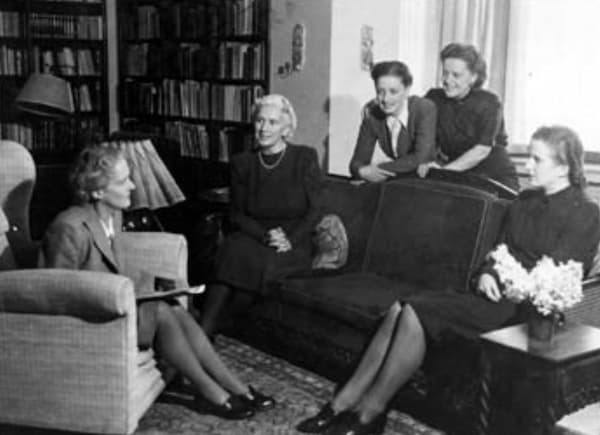Clara Wieck Schumann was one of the nineteenth century’s greatest pianists and composers.
Over the course of her remarkable career, she provided indispensable feedback to her husband Robert Schumann, as well as her lifelong friend Johannes Brahms.

Clara Schumann
Her strong opinions meant that she could be fiercely critical of her colleagues, especially in her private letters and diary entries.
Much of her ire was directed toward Franz Liszt, Richard Wagner, and other composers sympathetic to their artistic ideology.
In this article, we look at some of Clara Schumann’s most memorable insults to Franz Liszt and Wagner.
On Liszt
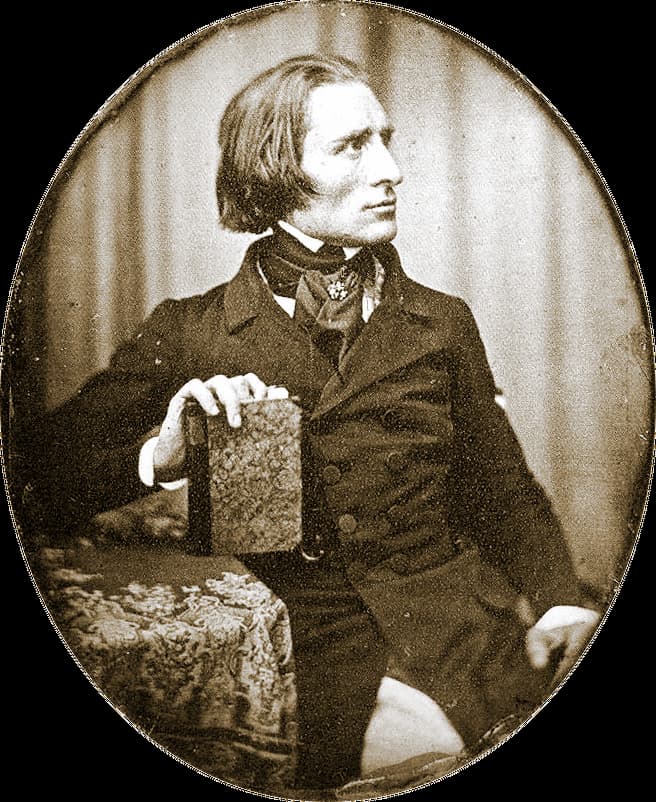
Hermann Biow: Franz Liszt, 1943
“Tearing the melodies apart”
His passion knows no bounds; he often injures one’s sense of beauty by tearing the melodies apart and using the pedal too much so that his compositions must become even more incomprehensible, if not to the connoisseur, then certainly to the layman.
– 1838
“I can only call them horrible”
Liszt likes to play the way he wants. It is always clever even though tasteless at times, and that is especially true of his compositions. I can only call them horrible.
– 1841
“I could almost hate him as a composer”
A chaos of the worst dissonances with an endless murmuring in the deepest bass and the highest treble at the same time, boring introductions, etc. I could almost hate him as a composer.
As a performer, however, his concert on the 13th absolutely astounded me, especially in his Don Juan Fantasy, which he played overpoweringly…
– 1841
Valentina Lisitsa Plays Liszt’s Don Juan Fantasy
“Veneration must have a limit”
Of Liszt, there was not much to be seen since two women had attached themselves to him.
I am convinced that the reason Liszt displays such arrogance at times is really the fault of the women because they pay court to him everywhere in a way that is intolerable to me and that I also find highly improper.
I venerate him too, but even veneration must have a limit.
– 1841
“A spoiled child”
Liszt came to the soiree late, as always. He seems to enjoy making people wait for him, which is something I don’t like.
He strikes me as a spoiled child, good-natured, tyrannical, amiable, arrogant, noble, and generous, often hard on others – a strange mix of characters.
Yet we have become very fond of him, and he has always treated us in the friendliest way.
– 1841
“Possessed the piano really like a devil”
He played, as always, with a truly demonic bravura and possessed the piano really like a devil (I cannot express it in any other way)…but oh, his compositions, that was really dreadful!
– 1851
“Demonic boozing”
Liszt at his piano…no longer music, but like demonic boozing and bluster.
– 1852
“Truly hellish”
His playing sounded like truly hellish, devilish music.
– 1854
“No healthy ideas”
[On the Sonata in B-minor, which Liszt dedicated to Robert Schumann]
Merely blind noise – no healthy ideas anymore, everything confused, one cannot find one clear harmonic progression – and yet I must now thank him for it. It is really too awful.
– 1854
Yuja Wang Plays Liszt’s Sonata in B-minor
On Wagner
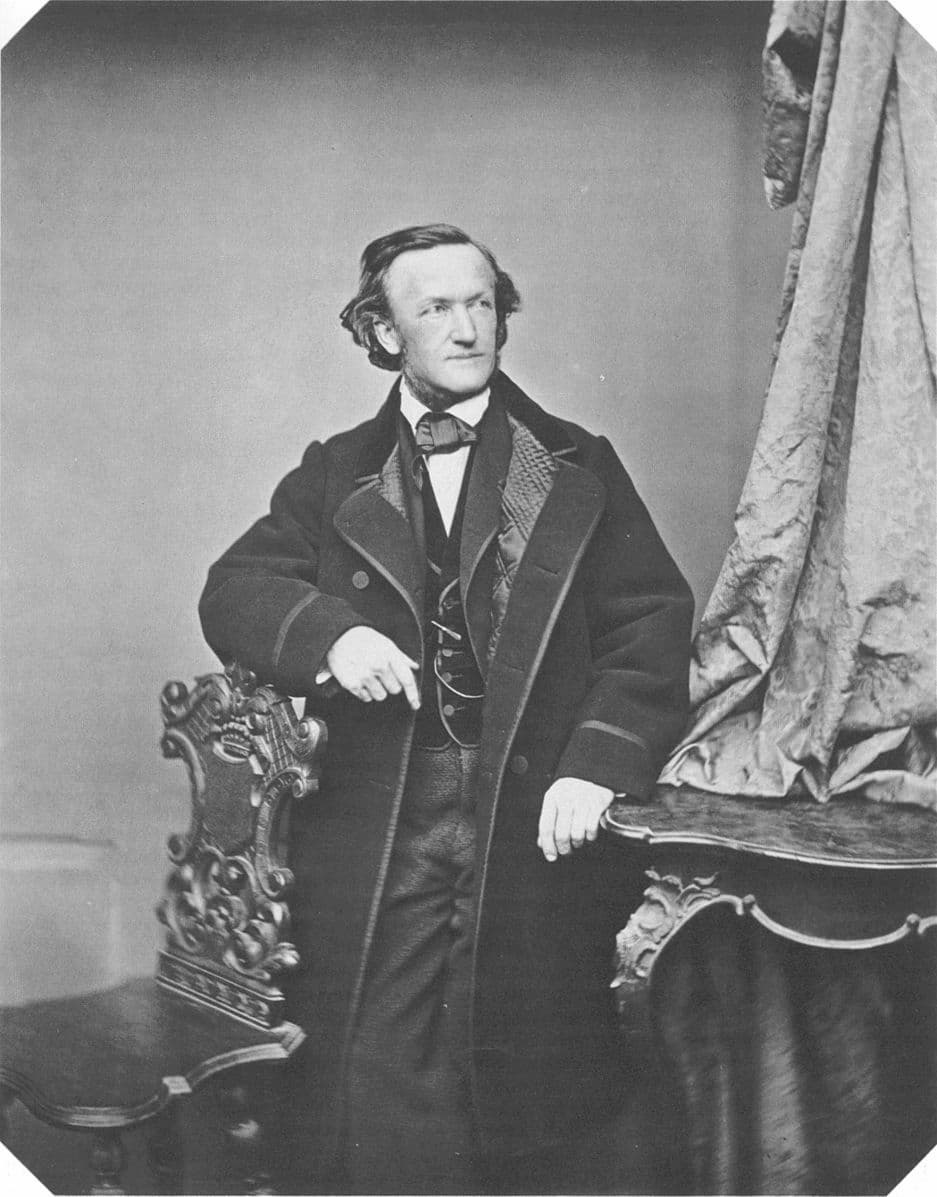
Richard Wagner, 1860
“Highly arrogant”
[The opera Rienzi] drove everyone in Dresden crazy…
The same feeling repeated itself when I became acquainted with Wagner personally; a person who never stops talking about himself is highly arrogant, and laughs continually in a whining tone.
– 1843
“That makes me feel even worse”
I can’t say very much about him. He is certainly friendly to me, and that makes me feel even worse because I cannot bring myself to feel the least spark of sympathy for him.
– 1857
“The whole gamut of abominations”
I heard Lohengrin in Vienna once, and can see only too well how such an opera succeeds in imposing on people.
The whole thing is full of romanticism and thrilling situations, so much so indeed that even the musician himself at times forgets the horrible music.
Nevertheless, on the whole, I like Lohengrin better than I do Tannhauser, in which Wagner goes through the whole gamut of abominations.
They told me in Prague about the music of Tristan and Isolde. Apparently it is even worse than what has gone before, if that were possible.
– 1859
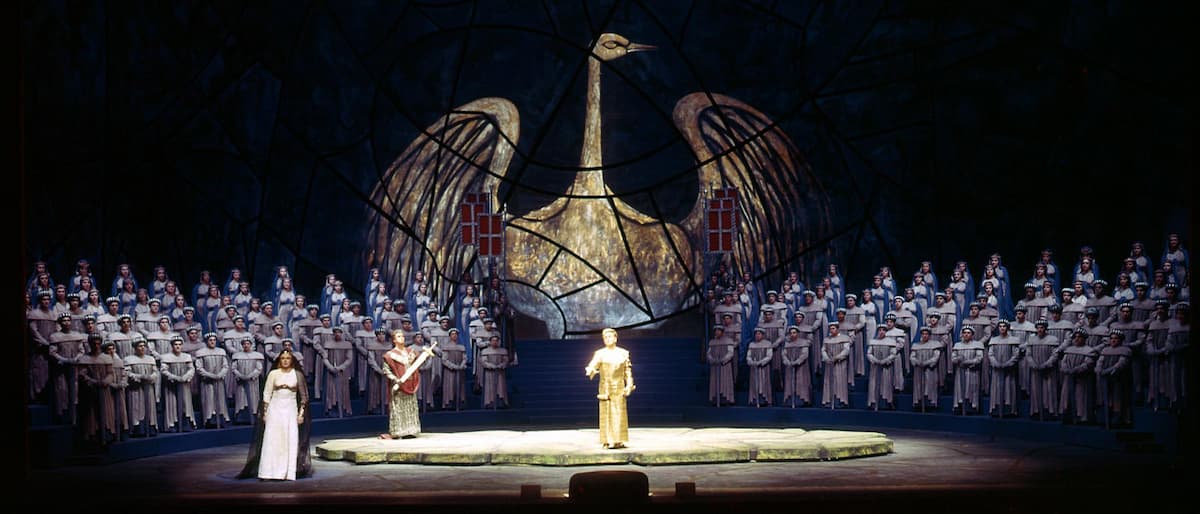
Lohengrin at the Met © The Metropolitan Opera
“The person to whom I object most”
You are quite wrong to suppose that Liszt is the person to whom I object most, for personally, he has never done anything to me (neither to me nor to Robert), whereas Wagner has not scrupled to speak in the most contemptuous manner about Robert, Mendelssohn and all of you. And was I to sit down and play under his direction!
Even if in a weak moment, overcome by the wish to play there, I had overlooked everything else and undertaken to go, I am sure I should have cried off at the last moment, for I should have been so much ashamed of myself.
– to Brahms, who was asking if she’d perform at the Beethoven Festival under Wagner, 1870
“The most disgusting thing I have ever seen or heard in my life”
In the evening, we went to see Tristan und Isolde. That is the most disgusting thing I have ever seen or heard in my life.
To be forced to see and hear such crazy lovemaking the whole evening, in which every feeling of decency is violated and by which not only the public but even musicians seem to be enchanted – that is the saddest thing I have ever experienced in my artistic life.
I remained to the end because I wanted to hear the whole thing.
During the whole second act the two of them sleep and sing; through the whole last act – for fully forty minutes – Tristan dies. And that they call dramatic!!!
– 1875
Excerpt from Wagner’s Tristan und Isolde
“I felt as if I were wading in a swamp”
I decided to go to see Rheingold. I felt as if I were wading in a swamp the whole evening.
The one good thing about the opera is that one is not deafened by the brass as one is in his other operas… The boredom that one must endure, however, is dreadful.
In every scene the actors on stage are in a cataleptic trance in which they remain fixed for such a long time that one cannot look at them anymore.
The women have just a few measures to sing in the entire opera and stand around forever; in general, they are all nothing but tattered, villainous gods.
– 1882
Excerpt from Wagner’s Das Rheingold
“Boredom was the dominating feature”
There was much that interested me in Walkure, but boredom was the dominating feature…
The gods don’t interest one in the slightest, they are all such scoundrels; and this Wotan is the stupidest fellow…
Musicians are always talking about the interesting orchestration – I will try to hear the opera once more and pay special attention to that.
– 1882
“Inflicted on me”
A lot of Wagner is being given here – the Rheingold and the Walkure. One of these days I suppose I shall have to have it inflicted on me…
– 1882
And finally, as a bonus insult:
On Bruckner
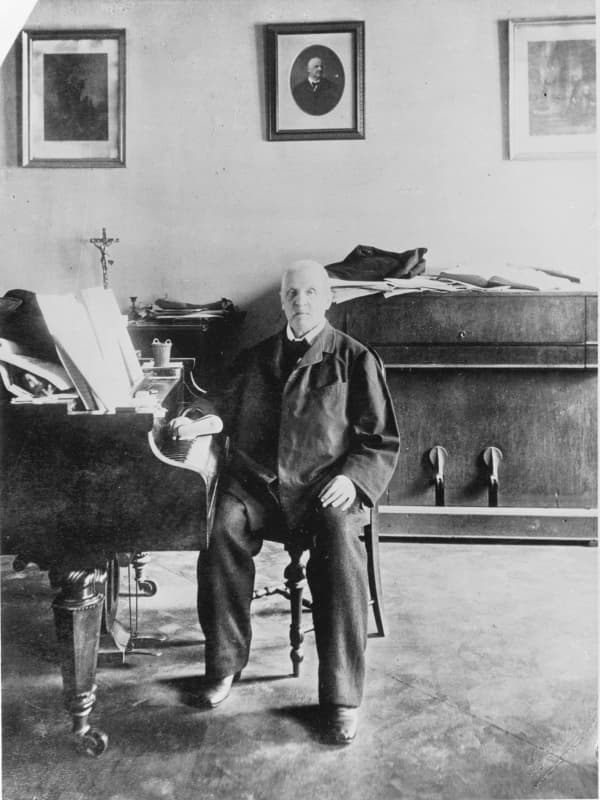
Anton Bruckner © Ludwig Grillich
“A horrible piece of music”
There is nothing new to tell you about this place, except perhaps that a day or two ago, I heard Bruckner’s extraordinary Symphony No. 7 and am relieved to feel that I, at last, know how I stand with regard to it.
It is a horrible piece of music, nothing more than a medley of scraps strung together with a heap of bombast and, moreover, scandalously long.
Its reception was a frost.
– 1885
Bruckner’s Symphony No. 7
For more of the best in classical music, sign up for our E-Newsletter

